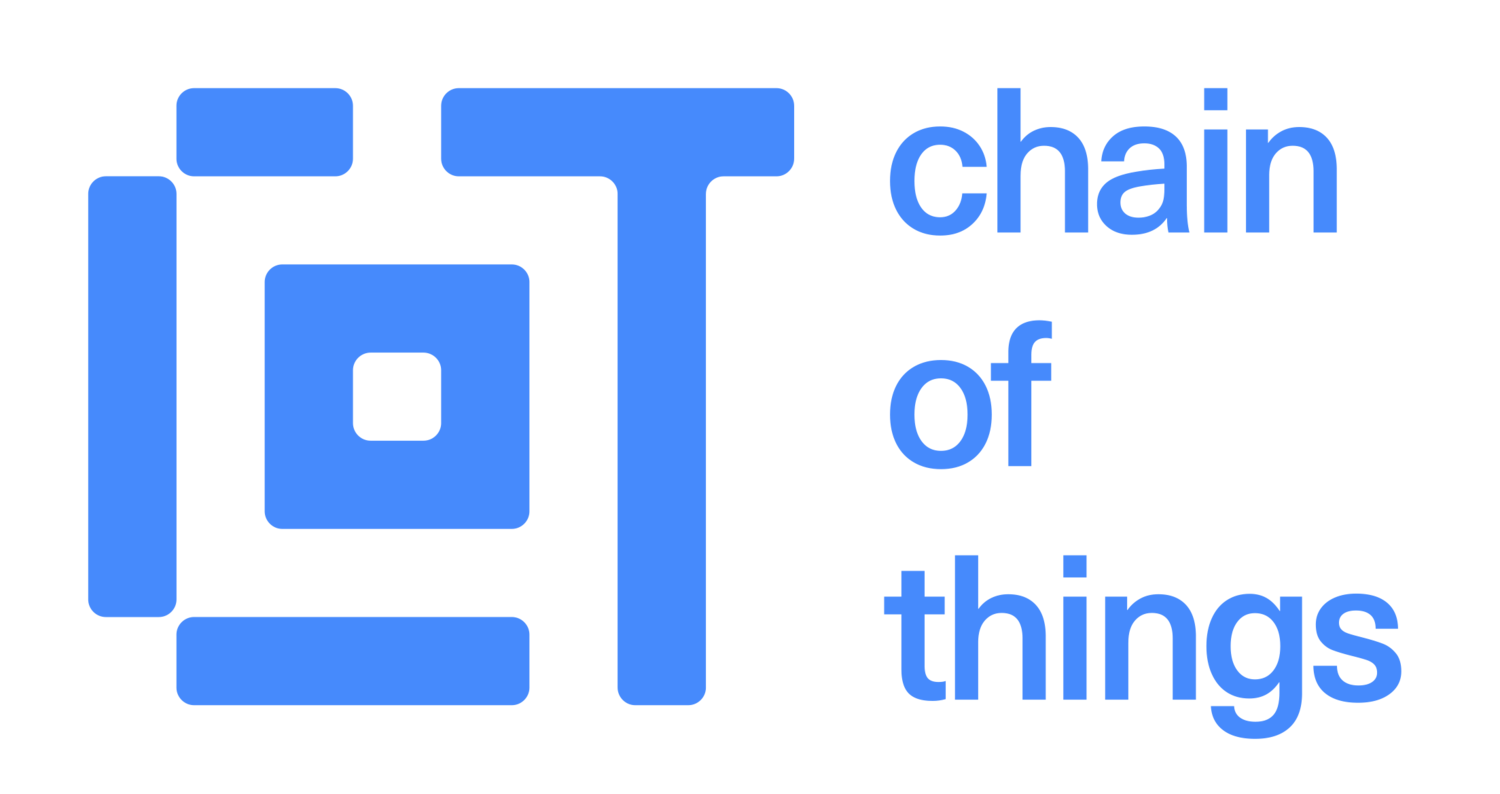CoT: Can you provide your name, your background in relation to blockchain/security/IoT and why you are interested in this Research project?
My name is Max Kordek and I currently live in Aachen, Germany. Until recently I studied electrical engineering with a focus on computer engineering. This places me into the right context for Internet of Things research and development. Since I heard of Bitcoin three years ago I've also become a big supporter of blockchain technology. Together with my partner Oliver Beddows I founded Lisk, a decentralized application and custom blockchain platform for JavaScript developers. I see a huge potential for the combination of Blockchain technology and the Internet of Things. With Lisk we are looking forward to further innovate this sector, by providing customizable blockchains for everyone. Our end goal is an "Internet of Blockchains", which still requires more research and open standards. For this reason we're very interested into the Chain of Things research lab and hope that Lisk can provide valuable input.
CoT: Are you currently involved in a startup or a company involved in IoT/cybersecurity/blockchain?
Yes, I'm the CEO of Lisk. The Lisk platform - including the Lisk Dapp SDK - enables every JavaScript developer to deploy his own, fully customizable blockchain and develop a decentralized application on top of it. With Lisk you can develop applications for many different use-cases, amongst others also for the Internet of Things sector. The Lisk client is running on fairly low requirements, e.g. the Raspberry Pi. While the Internet of Things isn't our sole point of focus, it's still a big part of the whole Lisk experience. We think Lisk is the next logical step for many aspiring JavaScript developers to develop decentralized and Internet of Things related applications.
CoT: Why do you think blockchain may assist in securing IoT devices?
At least two characteristics of the blockchain can assist in securing IoT devices. Its immutability of data and the cryptographically secured, unique identity of an user. An immutable database is a huge asset for historical and sensitive data. You can be 100% sure that the data in the blockchain will stay the same forever, nobody can manipulate it. Privacy is a big topic here, therefore the second characteristic complement the first one ideally. By having a cryptographically secured, unique identity to which only you have access to, all your data can be encrypted and decrypted at will. Additionally, you will be able to verify your identity world-wide. I will give an example further along the interview.
CoT: How critical is the issue of security today with regards to IoT? I mean we hear about hacks regularly but how would you grade security amongst the list of issues affecting IoT?
The Internet of Things will create huge groups of connected devices. Your smartphone will be the hub to all your devices around you, it will control nearly all important parts of your life. Therefore, I think that security is the most important aspect of the Internet of Things, and most probably will always be. I believe security (including privacy) should always be the most important point, no matter what area we are talking about. I think providing a good security is do-able, but requires extensive work and effort. Blockchain technology can help here.
CoT: Do you think a collaboration approach is needed for the industry to explore whether blockchain can address security questions in IoT?
Yes! A collaboration approach and open standards are extremely important, both for the users and the industry. In my opinion a table full of blockchain technology leaders would do wonders for the future of the Internet of Things.
CoT: Can you give an example (in simple terms) of how blockchain tech can secure devices?
Of course. At Lisk we are utilizing the concept of brain wallets, i.e. using a long passphrase which - to put it simply - grants access to your account. Your account is cryptographically secured and impossible to counterfeit, as long as you don't give away your passphrase. It can be used to confirm your identity everywhere in the world, or to encrypt/decrypt your data on the blockchain. Only with a string of 12 words. If you are currently on a business trip in China, but need access to your smart home in Germany. Then you could simply sign into the sidechain which oversees your house, and control your connected home devices. Everything obviously encrypted. That's just one example easy to put into practice at Lisk. However, I think it highlights very well how blockchains may help to secure Internet of Things devices and applications.
CoT: What are you aiming to get out of participating in the CoT Research Lab?
As I outlined earlier in the interview I think a collaboration effort is necessary. By participating in the Chain of Things Research Lab I hope to shape the future of blockchain-based Internet of Things applications. As the CEO of Lisk - which delivers a solution for developers interested into blockchain-based Internet of Things applications - I'm also looking forward to get further insights into the whole topic and adapt our technology to the need of the market.
